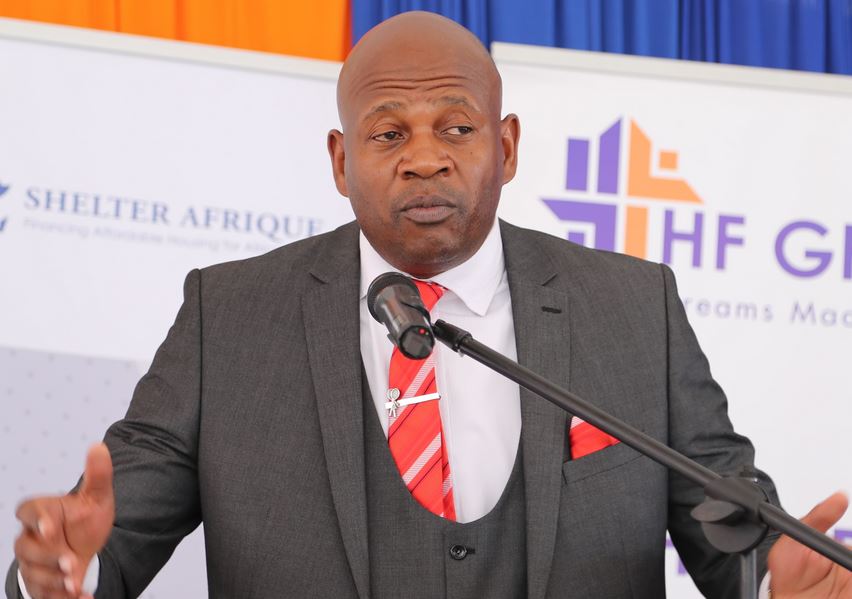×
The Standard e-Paper
Smart Minds Choose Us

Africa needs more than Sh100 trillion in funding to be able to effectively address the growing housing crisis, Pan African housing development financier, Shelter Afrique has said.
Shelter Afrique Chief Executive Officer Andrew Chimphondah was speaking in Nairobi after the Company signed a Memorandum of Understanding (MOU) with Habitat for Humanity International (HFHI), which will see HFHI assist Shelter Afrique in mobilising capital for affordable housing.